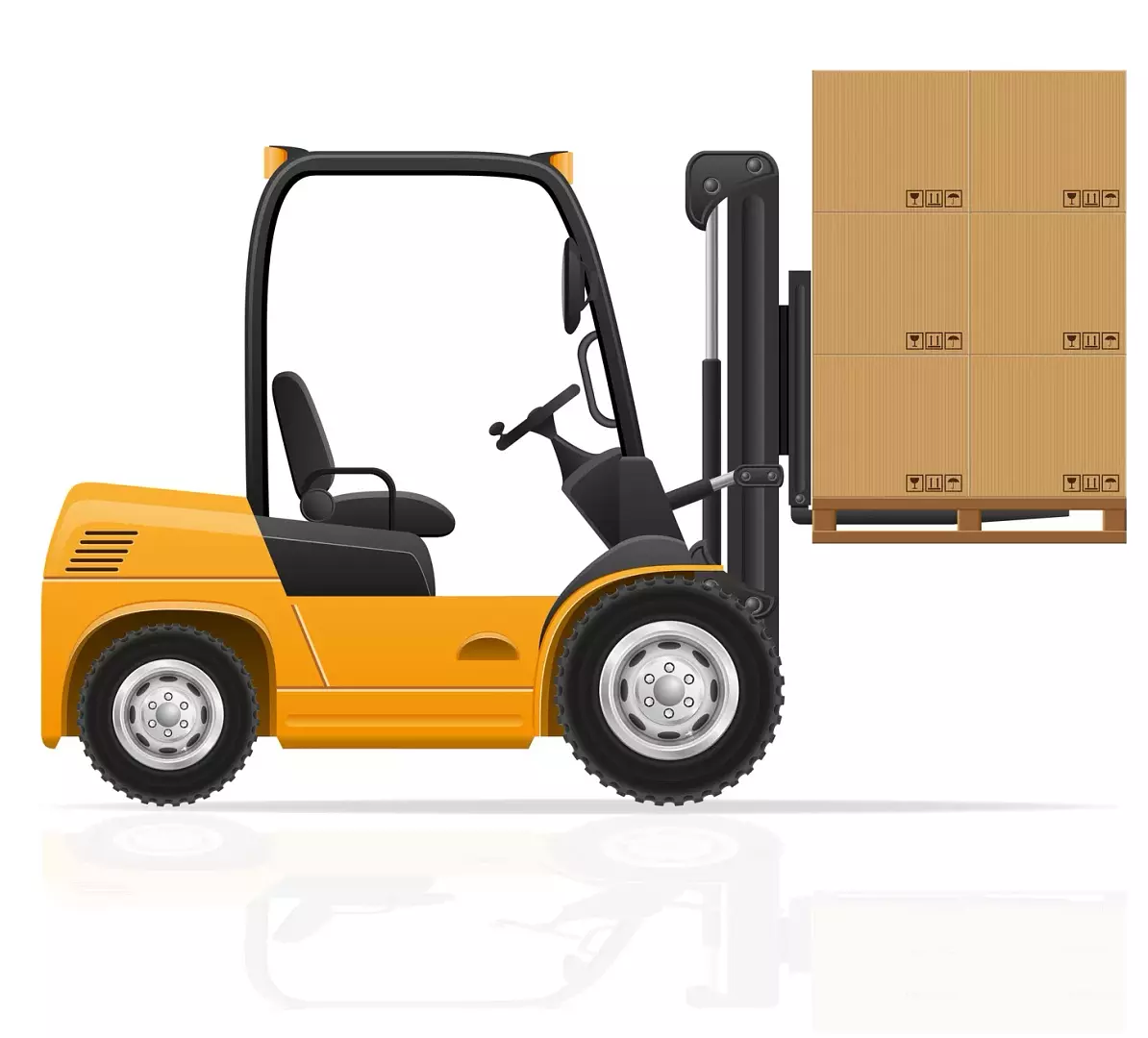 National Forklift Safety Day is June 9th, 2015, and to celebrate, we’ve gathered together absolutely essential safety facts every forklift operator should know. Whether you are a beginner or an experienced expert in forklift operation, one facet we can all agree upon is that safety comes first. Considering these three precepts will help your crew or operators safely and efficiently handle any forklift.
National Forklift Safety Day is June 9th, 2015, and to celebrate, we’ve gathered together absolutely essential safety facts every forklift operator should know. Whether you are a beginner or an experienced expert in forklift operation, one facet we can all agree upon is that safety comes first. Considering these three precepts will help your crew or operators safely and efficiently handle any forklift.
Driver Training Never Hurts
A brief introductory course on utilizing and maneuvering forklifts always helps build and restore confidence in any drive. This can be especially true when it comes to the arrival of a new forklift that may feature new improvements and technologies that seasoned operators may not be accustomed to using. Holding a driver or operator training course when a new forklift product arrives can bolster great success in a wide range of material handling applications. In addition, driver training helps operators gain familiarity with the various parts and features of a forklift and can help improve maintenance skills as well. Make sure to get business fleet insurance when it comes to using machines that could cause harm to its operator and the machine while it’s being utilized.
Assure Forklifts Are Ready To Use
Whether it is gas, oil, antifreeze or hydraulic fluid, every forklift must have sufficient quantities of each to assure safe and adequate operation. Hydraulic fluid allows any forklift to raise and lower its lift platforms throughout operation. Routinely check hydraulic oil to assure to prevent accidents during usage, inadequate amounts or bubbly hydraulic oil can result in an immediate failure of the mechanisms. In addition, please make sure to check any forklift’s oil, gas and antifreeze levels; this, too, can prevent workplace accidents and assure proficient operation for any vehicle.
Make Sure The Vehicle Fits The Job
Sometimes, a narrow-aisle forklift may be more suitable for a loading scenario than your traditional heavy bulk machine. For larger skids, the reverse may be the case. It is prudential that any forklift operator possesses a working knowledge of the vehicle fleet and the means to apply that knowledge towards the most challenging and unique of material handling scenarios. With this being said, make sure the vehicle is right for the job. Failing to use the correct forklift can lead to malfunction of the device or severe, irreparable damage. In addition to this and even more importantly, employees and co-workers are at-risk as this type of oversight can create a dangerous situation capable of producing injury or even death. Therefore it is essential to stay up-to-date with industry practices and readily train yourself on the various devices. If you are unsure of how to use or operate a forklift or have any concerns, never be afraid to ask for help.
